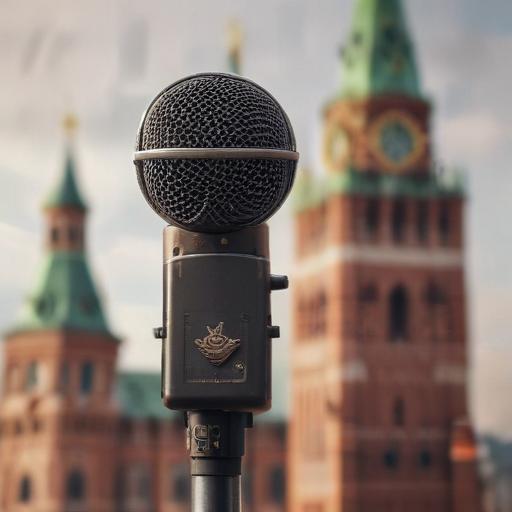The Kremlin responded to comments made by Donald Trump regarding Vladimir Putin, asserting that the former US president exhibited signs of “emotional overload” after labeling Putin as “absolutely crazy.” Trump’s statements, made following a devastating series of aerial assaults by Russia on Ukraine, included strong condemnation of the attacks that resulted in the deaths of at least 13 individuals. He expressed his concern on Truth Social, suggesting that “something has happened” to Putin, who was responsible for the killings and destruction.
Dmitry Peskov, spokesperson for the Kremlin, attributed Trump’s remarks to heightened emotions affecting all parties involved. The latest series of strikes marked the largest aerial offensive since the beginning of Russia’s full-scale invasion in February 2022, with a staggering total of 367 drones and missiles launched against Ukraine. Ukraine’s air force noted that this was particularly significant as it involved a substantial number of drone attacks.
Meanwhile, German Chancellor Friedrich Merz announced that Ukraine’s allies had lifted any limitations on the range of arms provided to the country, which could allow Ukraine to target military positions within Russia itself. This shift represents a notable escalation in military support, as previous constraints on the use of long-range weapons had been more restrictive. Although Volodymyr Zelensky, the president of Ukraine, described the recent Russian attacks as lacking any military rationale, he emphasized that they reflect a political decision by Putin to continue the conflict.
Amidst the turmoil, it was reported that Zelensky might head to Berlin soon to discuss further military support, although details remain unconfirmed. The prospect of Germany providing Taurus missiles—capable of striking targets 500 kilometers away—has raised concerns in Moscow, with Russian officials deeming it a “dangerous move.”
This current scenario underscores the complex and heavily charged international reactions to the ongoing conflict, highlighting the significant shifts in military policy among Ukraine’s allies and the ongoing humanitarian crisis in the region. As countries navigate their responses to Russia’s aggression, the hope remains that increased support for Ukraine may bolster its defenses and ultimately lead to a resolution of the conflict, emphasizing the international community’s commitment to sovereignty and peace in the face of aggression.
